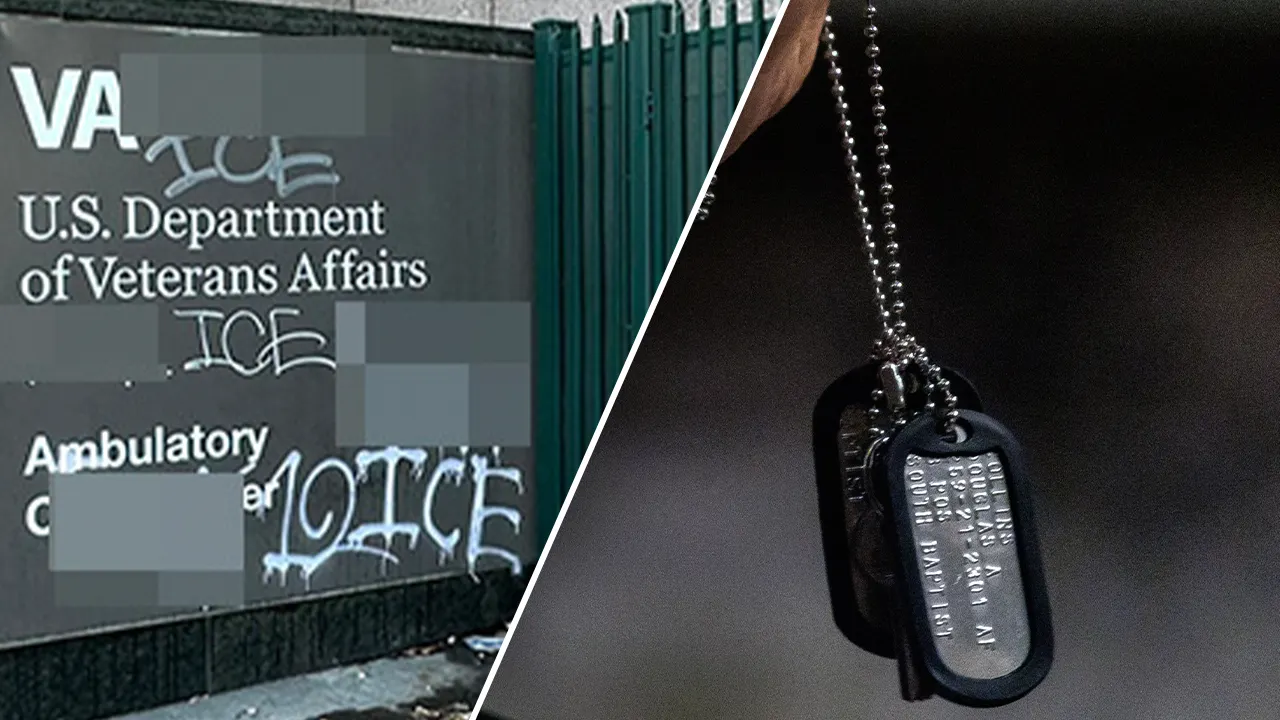An employee at the Los Angeles City Attorney's Office, Hydee Feldstein Soto, said Feldstein Soto sought out emails from employees who had openly expressed problems at the office without their knowledge.
It has not been verified whether Feldstein Soto reviewed those emails without permission, and her spokesman said the allegations, which were recently filed with the city, were false. But if she did review staff emails, the law does not clearly state whether that would have violated any rules.
Legal experts said this is true for most employers when it comes to monitoring employee emails.
Experts say there are no clear boundaries when it comes to an employer's limitations in reviewing staff communications on a work email account. If a personnel or legal issue has arisen, such as an allegation of harassment, an employer may have significant leeway to search messages in an attempt to determine whether the allegation was true. Or if a public records request involves a public employee's emails, an employer generally has a right to a review.
“In any event, there may be a violation of the right to privacy under the California Penal Code if the employer eavesdrops on certain communications, private emails and things like that,” said Los Angeles attorney Todd Friedman.
An employee could argue that any communication with an attorney is confidential and that intercepting those messages would be a violation, Friedman said. But as far as he knows, there is no hard line that makes it illegal or legal for an employer to review work emails.
Catherine Fisk, a professor at the University of California, Berkeley, School of Law, said an employer's intent in reviewing an employee's email is key to determining whether a violation has occurred. If an employer reviewed an employee's email while on vacation to delegate work to someone else, Fisk said, that type of search may be justified. But searching an employee's email simply to keep tabs on them probably isn't, she said.
“Whether in the public or private sector, an employer is potentially invading an employee's rights if it reads email for no purpose other than spying on the employee,” Fisk said.
For example, in the 2010 Supreme Court case of City of Ontario v. Quon, the high court ruled in favour of a police chief who sought transcripts of texts sent from an employee's work pager after suspecting the employee had violated rules and was using the pager primarily for personal messages. The employee had argued that his privacy rights had been violated; the court ruled that the search was reasonable.
Fisk said a clearer privacy violation would be if an employee's personal email was searched, even if the employee accessed that email from his or her work computer.
“A private Gmail account — just because an employee accesses it from their office or work computer — doesn’t make it any less private,” he said.












